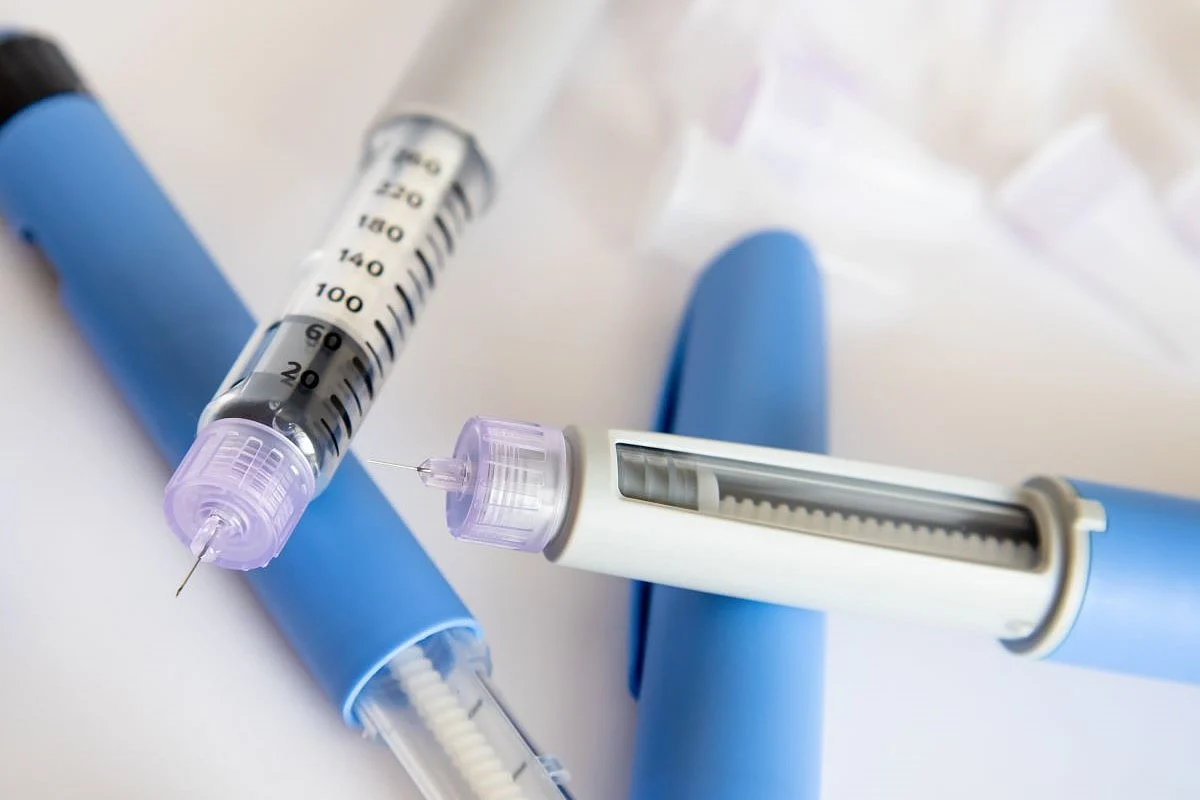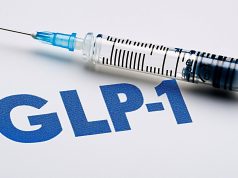GLP-1 receptor agonists linked to modestly increased risk for incident DR, but tied to reduced risk for certain complications of DR
By Elana Gotkine HealthDay Reporter
TUESDAY, Aug. 12, 2025 (HealthDay News) — For individuals with type 2 diabetes (T2D), glucagon-like peptide 1 receptor agonist (GLP-1 RA) use is associated with a slightly increased risk for incident diabetic retinopathy (DR) and with a reduced risk for certain complications of DR, according to a study published online Aug. 11 in JAMA Network Open.
David J. Ramsey, M.D., Ph.D., M.P.H., from the UMass Chan-Lahey School of Medicine in Burlington, and colleagues conducted a retrospective cohort study to examine whether use of GLP-1 RAs in patients with T2D is associated with the development of DR, nonarteritic anterior ischemic optic neuropathy (NAION), or DR complications. Adults with T2D and a recent hemoglobin A1c level of 6.5 percent or higher were enrolled and divided into two groups through propensity score matching, based on whether they received prescriptions for a GLP-1 RA.
After propensity score matching, 185,066 individuals were prescribed GLP-1 RAs. The researchers found that GLP-1 RA use was associated with an increased incidence of DR (hazard ratio, 1.07), while no significant increase was seen in the risk for NAION. In a subgroup analysis of 32,695 patients with preexisting DR, there was no association seen for GLP-1 RAs with proliferative DR or diabetic macular edema, but associations were seen with a lower occurrence of vitreous hemorrhages, neovascular glaucoma, or blindness (hazard ratios, 0.74, 0.78, and 0.77, respectively).
“GLP-1 RAs may be a factor in reduced rate of vision loss leading to blindness, even among individuals with preexisting DR,” the authors write. “It is crucial that all patients with T2D treated with GLP-1 RAs, regardless of preexisting DR, receive regular screening and monitoring for potential complications of T2D.”
Several authors disclosed ties to the biopharmaceutical industry.
Copyright © 2025 HealthDay. All rights reserved.








